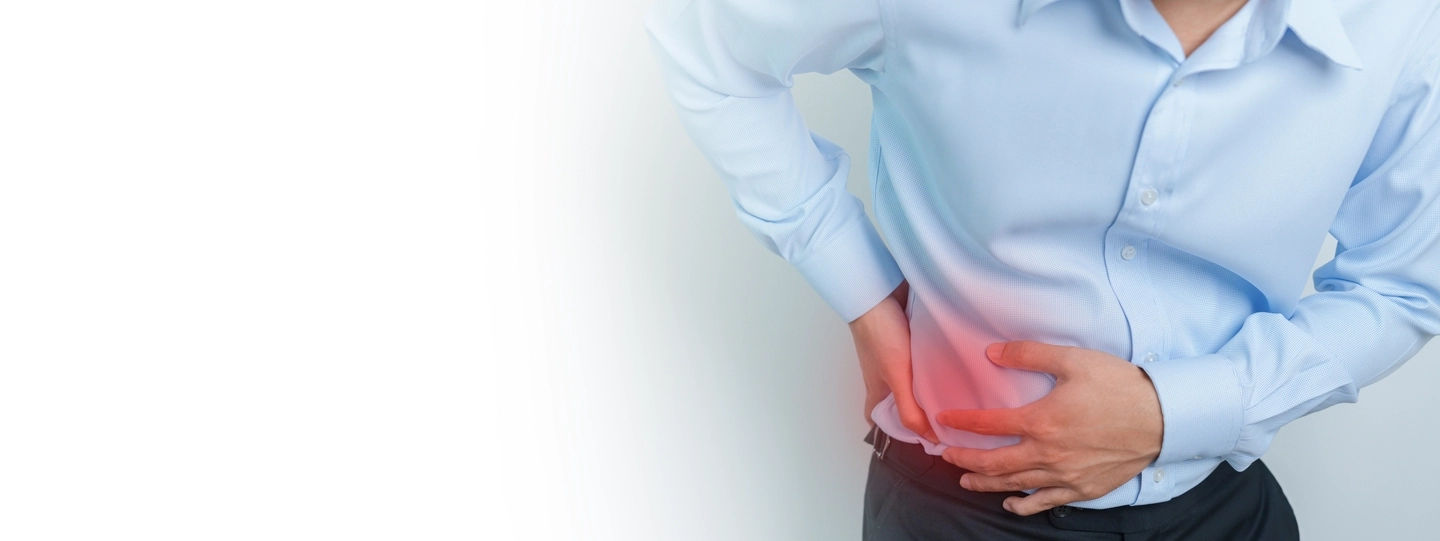

Gallstones, or gallbladder stones are hardened deposits of solid substances found within the bile, an important digestive fluid made by the liver that is stored within the gallbladder. The latter is a tiny organ found in the abdominal cavity, just below the liver. These are mainly composed of calcium salts, cholesterol and bile pigment. The stones can form within the gallbladder, as well as the bile ducts and are more common in women as compared to men. Although these are not always a cause of concern, they can sometimes get stuck in the biliary tract, leading to obstruction that disrupts the normal flow of bile.
It is pertinent to note that gallbladder stones can grow in size and although this happens at a very slow pace, smaller stones can eventually grow big enough to block the bile tract. As such, it is important to seek proper medical care and get the problem addressed at the earliest. Here are 5 common signs & symptoms of gallbladder stones that you need to watch out for.
Pain associated with gallbladder stones has a sudden onset and can be unbearable at times. This is commonly referred to as a gallstone attack and it tends to aggravate when you eat something. This is possibly due to the increased pressure on the digestive tract, which involves the biliary system as well.
In some cases, the pain worsens and reaches a peak point, after which it becomes fade. These episodes of pain can last for around a couple of minutes to several hours. The pain feels like a stabbing or squeezing sensation, which is so severe that it can make you restless.
Pain associated with gallbladder stones is usually felt on the lower side of the right section of the ribcage. In extreme cases, it can radiate to other areas as well, such as the shoulder and the back. Some people might experience it in the middle of the abdominal area or chest.
There are certain factors that are known to increase the risk of developing gallbladder stones. These include:
Being overweight or obese, especially if you are a female
Many people with gallbladder stones do not need any treatment, however, in some cases, it can give rise to serious health complications that call for the need for immediate medical intervention. These include biliary colic, gallbladder inflammation, jaundice, pancreatitis, cholangitis, liver infection, and in extreme and rare cases, cancer.
Experiencing any of the related symptoms does not necessarily suggest that you have gallbladder stones and it is important to go for proper medical assessment to confirm the diagnosis. Common diagnostic modalities used by experts include:
The treatments recommended for people with gallbladder stones vary depending on the size of the stones and the severity of the symptoms. These involve:
To explore the best treatments available for gallbladder stones, consult the experts from the best hospital in India, today.
